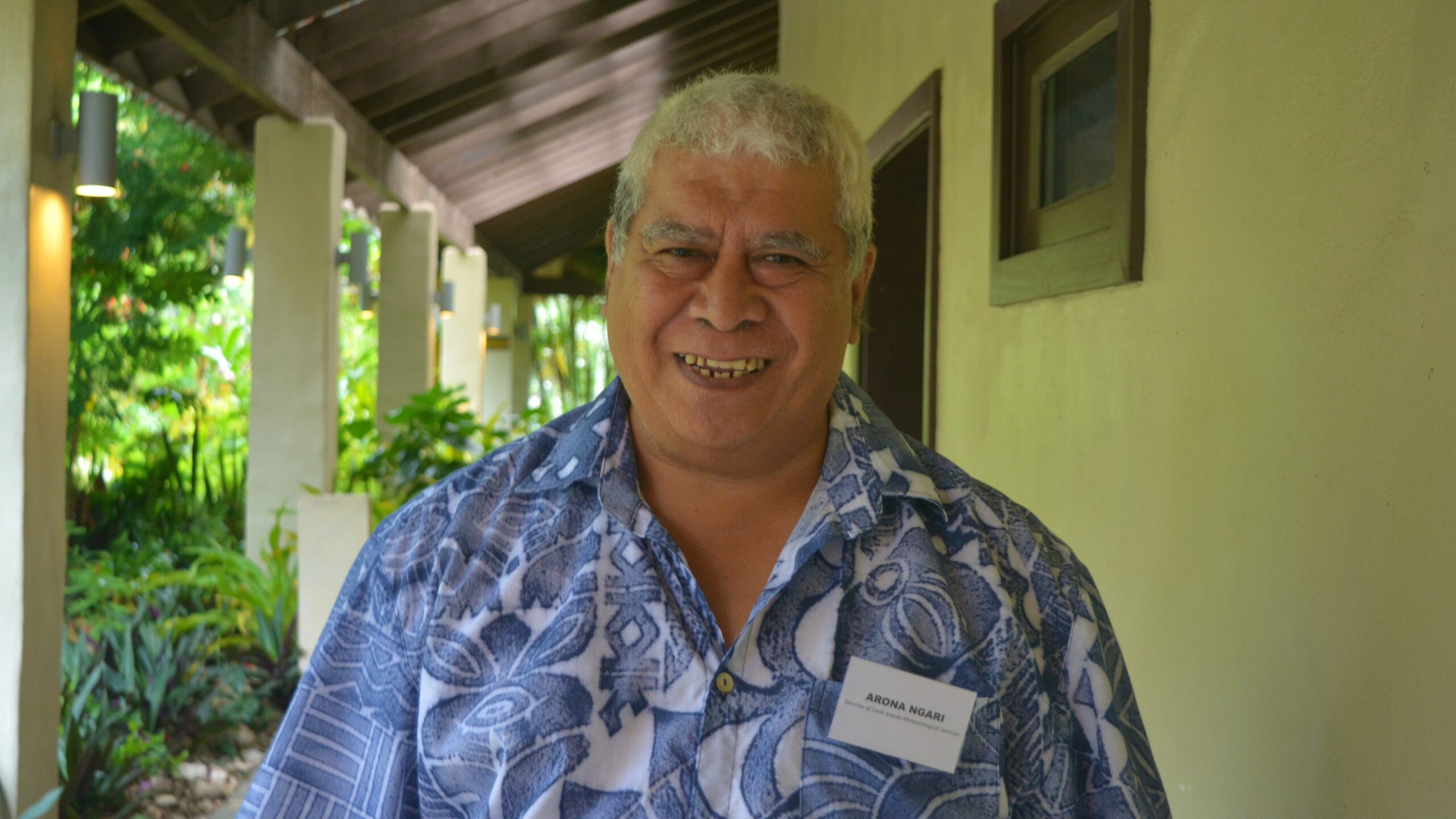‘Understanding rainfall and being better prepared’
Tuesday 8 March 2022 | Written by Al Williams | Published in National, Weather

Arona Ngari, director of the Cook Islands Meteorological Service. PHOTO: AL WILLIAMS/22030718
Cook Islands authorities are undertaking training to better understand and interpret seasonal extreme rainfall and its impacts. �
A series of workshops are being held on Rarotonga with key stakeholders this week, with input from New Zealand and Australia.
Cook Islands Meteorological Services, Ministry of Transport along with all contributing stakeholders CCSPPac, Australia Meteorology, Climate Change Cook Islands PEARL Project and New Zealand Foreign Affairs are involved.
About 30 representatives from the organisations are taking part.
Arona Ngari, director of the Cook Islands Meteorological Service, said the objective is to raise awareness and train national disaster management and sector stakeholders to understand and correctly interpret seasonal and sub-seasonal scale extreme rainfall and impact information in an Early Action Rainfall (EAR) watch bulletin.
The EAR watch provides disaster management and other sector stakeholders with information on drought and prolonged periods of high rainfall in the Cook Islands.
It came about in 2019 when the Meteorological Service, in partnership with the COSPPac programme, held a workshop with stakeholders to train them how to interpret the EAR watch and apply it in disaster management.
Since then, a number of improvements have been made to both the content and presentation of the documents and this week the workshops have set out to ensure key stakeholders are able to correctly interpret it in its new form.
Ngari said it goes one step further to identify “next user” groups that need to access EAR watch information and identify products and services that can deliver information to them in a way that they will understand.
“The purpose of this is how we can advise communities and countries on expectant rainfall so they can base activity around rainfall.”
He said New Zealand and Australia were providing assistance with scientific research and data while looking at climate change and its ongoing effects.
“It will lead to a more secure future in terms of data and the data tells us we have a mixed bag of weather events.”
Ngari said the information will be useful in assisting the likes of the agriculture and fisheries sectors.
“It’s about having a resilient rainfall watch and spreading the load across sectors to help with objectives.”














































